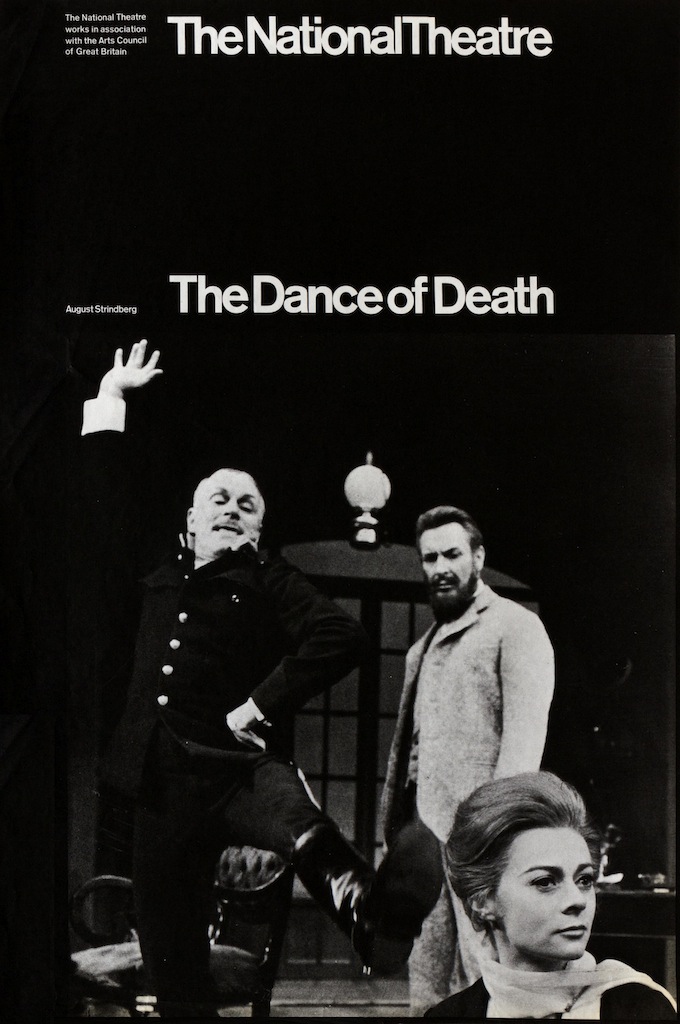Dialogue and interaction in business and commerce: forms, invoices, correspondence, trade cards
Throughout 2017/18 we are hosting open afternoons to introduce university colleagues to this amazing source material as inspiration for cross–disciplinary research and other activities.
Each session will include some lightning talks that draw attention to some of the ways ephemera are being used to support research and scholarship. The main purpose of the sessions, though, is to encourage dialogue and inspiration for research bids.
In the Typography Department, ToB2 at Earley Gate.
We begin with some lightning talks that draw attention to some of the ways ephemera are being used to support research and scholarship. The main purpose of the sessions, though, is to encourage dialogue and inspiration for research bids.
Confirmed speakers
Joe Doak, Associate Professor of Planning & Development and P/T Doctoral Student, Department of Real Estate & Planning, Henley Business School: Get Stuffed! The Importance of Stuff in Life, The Universe and Everything
Joe will outline how he is using ephemera (aka material culture…or ‘stuff’) to analyse 500 years of urban development in central Reading. He will illustrate his short talk by reporting on the role of Sutton Seeds’ Annual Farmers’ Year Book in shaping the development of the Royal Seed Establishment in Market Place.
Nicola Wilson, Lecturer in Book and Publishing Studies, English Literature will talk about using ephemera’/business records in the publishers’ archives.
Hiral Patel, Research Assistant, School of Built Environment will talk about her work on Ephemeral architecture | Architectural ephemera
Conceptualising a building as unfinished and always in making highlights the ephemeral nature of architecture. An approach to study the uses of a building, which foregrounds the practices happening within that building, is then faced with a methodological challenge of locating the fleeting building. It is here that the ephemera becomes a very valuable dataset. Experiences from two research projects will be discussed, which explore the ephemera from the University’s Special Collections. The first project is my doctoral study on the adaptations of our 50-years old library building at Whiteknights Campus. The second project is around the DEGW archive which explores the role of physical built environment in organisational practices.
Michael Twyman, Director of the Centre for Ephemera Studies, will discuss examples for invoices and trade cards from the ephemera collections.

